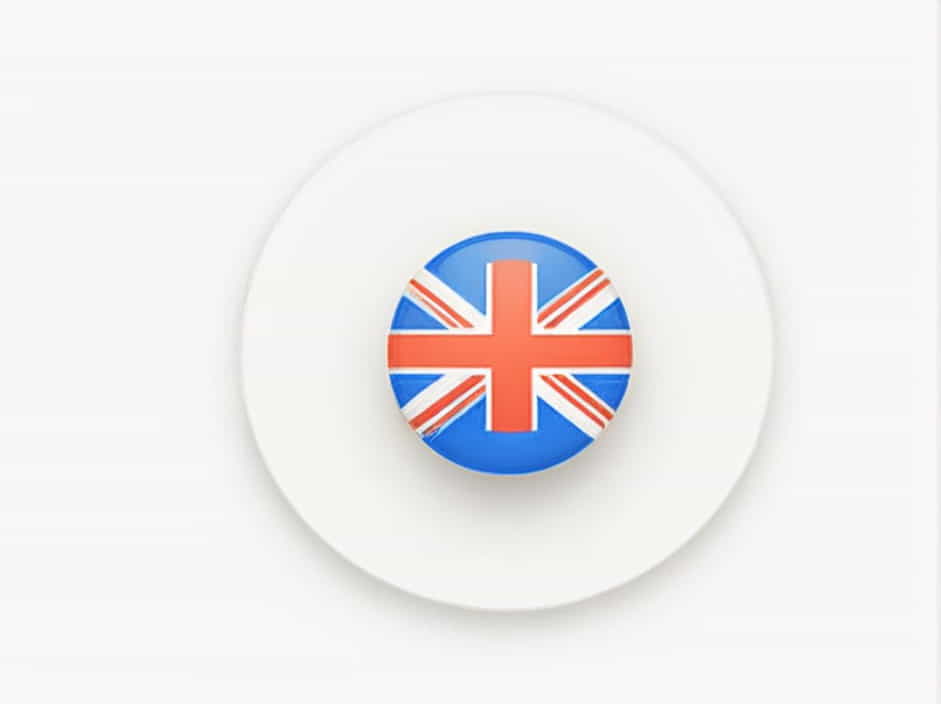Translating English to Tuvaluan can be a challenge due to the limited availability of resources and online translation tools. Tuvaluan, the native language of Tuvalu, is spoken by only about 13,000 people, making it one of the lesser-known languages in the world.
Many people rely on Google Translate for quick translations, but how effective is it for English to Tuvaluan? This topic explores how Google Translate works for Tuvaluan, its limitations, common errors, and the best ways to improve translation accuracy.
Overview of the Tuvaluan Language
Tuvaluan belongs to the Austronesian language family, which includes languages like Samoan, Tongan, and Hawaiian. It shares similarities with other Polynesian languages but has unique features that make translation complex.
Key Features of the Tuvaluan Language
- No Standardized Translation Tools – Unlike major languages, Tuvaluan lacks comprehensive online dictionaries and translation databases.
- Polynesian Grammar Structure – Sentence formation follows subject-verb-object (SVO) but can change based on emphasis.
- Limited Vocabulary for Modern Terms – Words for technology, business, and science are often borrowed from English.
- Context-Dependent Meaning – Many Tuvaluan words change meaning based on usage and cultural context.
Can Google Translate Accurately Translate English to Tuvaluan?
1. How Google Translate Works
Google Translate uses artificial intelligence and machine learning to analyze millions of texts. However, Tuvaluan has very limited online content, making translations less accurate compared to widely spoken languages like Spanish or French.
2. Strengths of Google Translate for Tuvaluan
✅ Good for basic words and phrases – Common greetings and expressions are usually correct.
✅ Fast and free – Provides instant translations without cost.
✅ Helpful for travel – Can assist with simple communication in Tuvalu.
3. Limitations of Google Translate for Tuvaluan
❌ Incomplete translations – Many words or sentences are missing or incorrect.
❌ Grammar mistakes – Sentence structures are often unnatural.
❌ Lack of context recognition – Struggles with idioms and cultural expressions.
❌ No text-to-speech for Tuvaluan – Makes pronunciation difficult for learners.
Common Errors in English to Tuvaluan Translations
Google Translate often produces incorrect or unnatural sentences when translating English to Tuvaluan.
| English Sentence | Google Translate Output | Correct Translation |
|---|---|---|
| How are you? | E a koe? | E a koe nei? |
| I am learning Tuvaluan. | Au te ako Tuvaluan. | Au e ako i te gagana Tuvalu. |
| Where is the market? | Te maketi i fea? | Te maketi e i fea? |
| We are happy. | Tatou fiafia. | E fiafia matou. |
These errors occur because Google Translate does not fully understand Tuvaluan grammar.
Key Differences Between English and Tuvaluan Grammar
Understanding grammar differences can help avoid translation mistakes.
1. No “To Be” Verb in Tuvaluan
In English, “is,” “are,” and “am” are used frequently. In Tuvaluan, they are often omitted or replaced with descriptive words.
- English: “He is a teacher.”
- Tuvaluan: “E faiakoga a ia.” (literally: Teacher he.)
Google Translate sometimes adds unnecessary words, making translations incorrect.
2. Possession in Tuvaluan
Tuvaluan uses different possessive pronouns depending on the relationship.
- English: “My house.”
- Tuvaluan: “Toku fale.” (if personal, like a home)
- Tuvaluan: “Taku fale.” (if general, like a rented house)
Google Translate does not always distinguish these forms correctly.
3. Word Order Differences
English follows subject-verb-object (SVO) order, while Tuvaluan can be flexible depending on context.
- English: “The child eats fish.”
- Tuvaluan: “Te tamaliki e kai i te ika.” (literally: The child eats the fish.)
Google Translate sometimes places words incorrectly, leading to confusion.
4. Singular vs. Plural Forms
Tuvaluan uses specific markers for singular and plural nouns.
| English | Tuvaluan (Singular) | Tuvaluan (Plural) |
|---|---|---|
| Child | Te tamaliki | Nga tamaliki |
| House | Te fale | Nga fale |
Google Translate does not always recognize these distinctions, making translations sound unnatural.
How to Improve English to Tuvaluan Translations
1. Simplify Sentences Before Translating
Google Translate works best with simple, clear sentences.
❌ Avoid: “I have been working here for five years and I really love my job.”
✅ Better: “I have worked here for five years. I love my job.”
2. Double-Check Translations with Native Speakers
Because Tuvaluan has limited online translation tools, asking a native speaker for confirmation is the best option.
3. Learn Basic Tuvaluan Grammar
Understanding sentence structure, verb usage, and pronouns will help avoid mistakes.
4. Use Alternative Translation Methods
Besides Google Translate, you can:
- Use Tuvaluan dictionaries – Though rare, some books and websites offer translations.
- Learn through language apps – Apps like Memrise or Anki may have Tuvaluan word lists.
- Join Tuvaluan language groups – Online forums and social media groups can help.
Commonly Used English to Tuvaluan Translations
Here are some useful daily phrases translated correctly:
| English | Tuvaluan |
|---|---|
| Hello | Talofa |
| Good morning | Talofa koutou |
| Thank you | Fakafetai |
| Yes | Io |
| No | Seai |
| How are you? | E a koe nei? |
| I am fine. | E lelei au. |
| Where is the bathroom? | Te faleta’ele e i fea? |
| How much does this cost? | E fia te tau o te mea tenei? |
| I don’t understand. | Toku se malamalama. |
Memorizing these phrases can help communicate more effectively in Tuvalu.
Translating English to Tuvaluan using Google Translate can be useful for basic communication, but it has significant limitations.
Key Takeaways:
✅ Google Translate is helpful for simple words and phrases, but not always accurate for full sentences.
✅ Grammar differences like word order, possession, and plural forms can lead to incorrect translations.
✅ Avoid complex sentences – Keep translations simple and clear.
✅ Use additional resources like dictionaries, native speakers, and language groups for better accuracy.
By following these tips and best practices, you can improve your Tuvaluan translations and communicate more effectively. Fakafetai!
